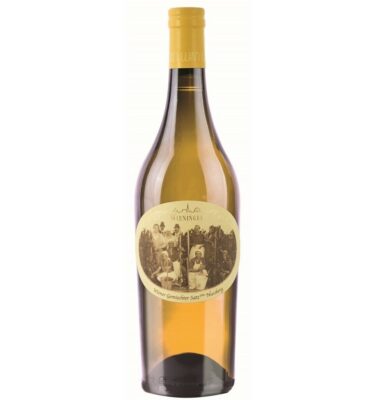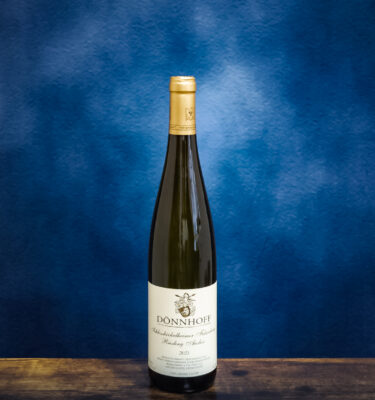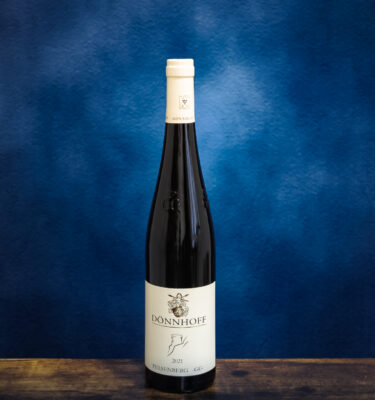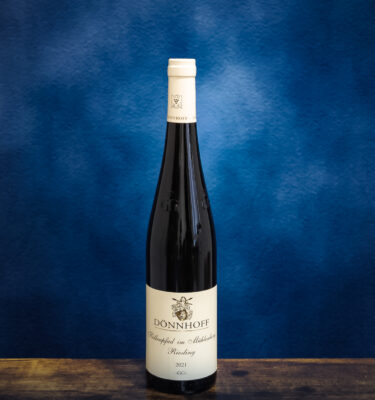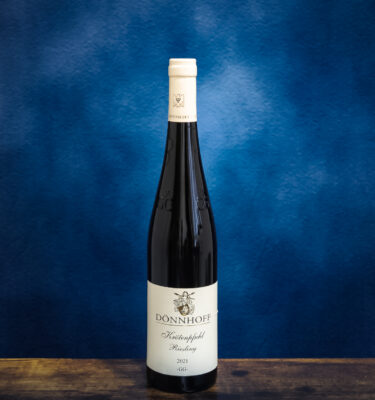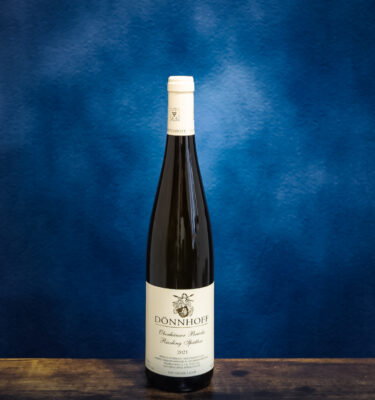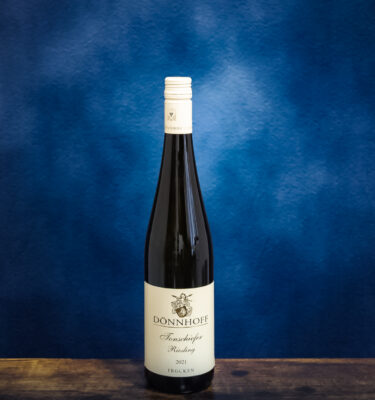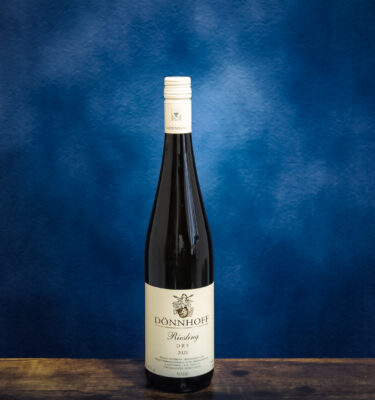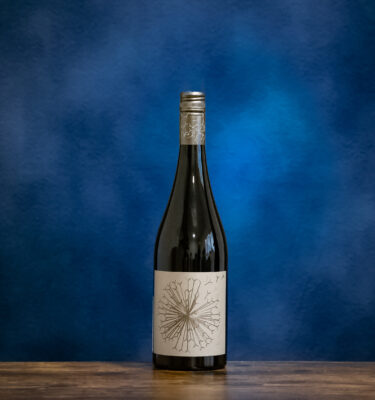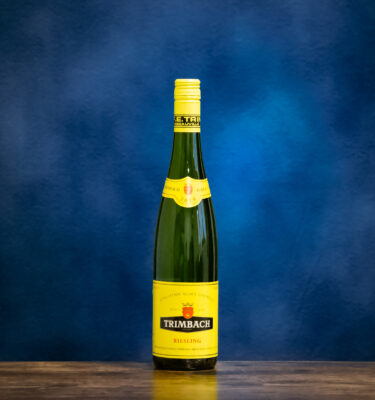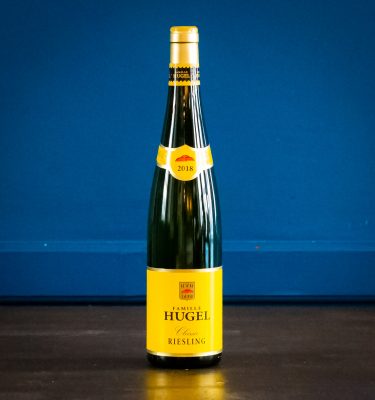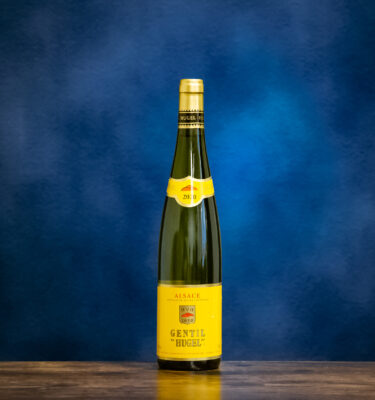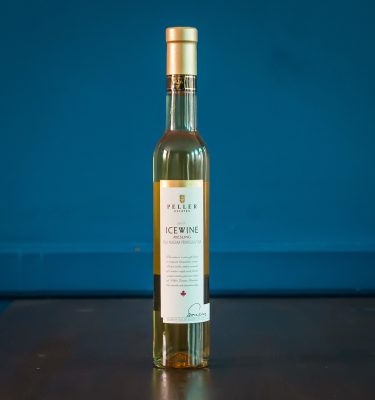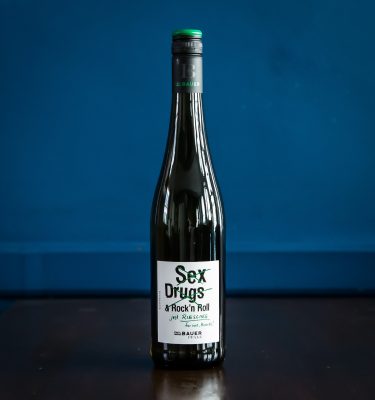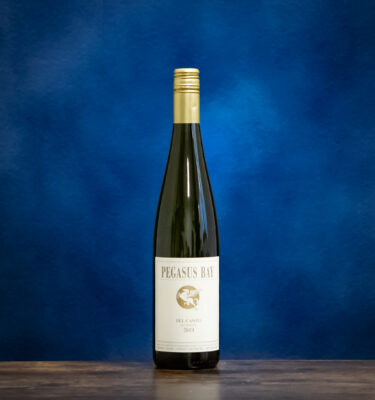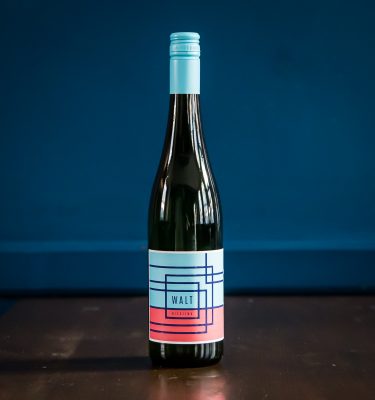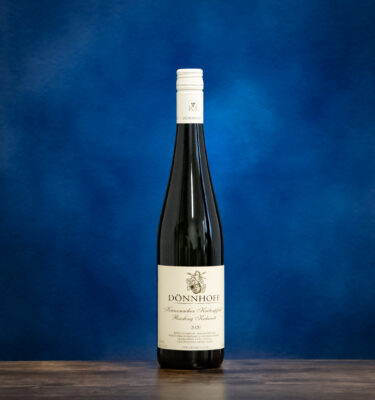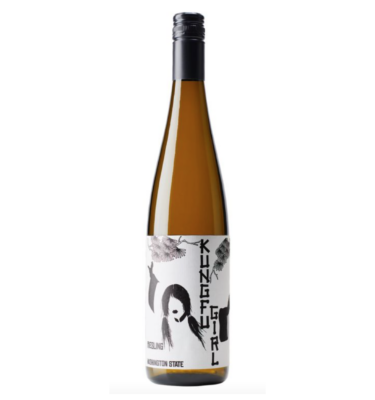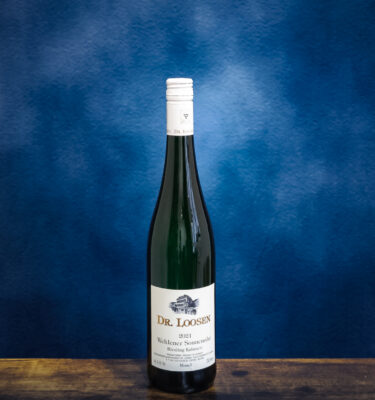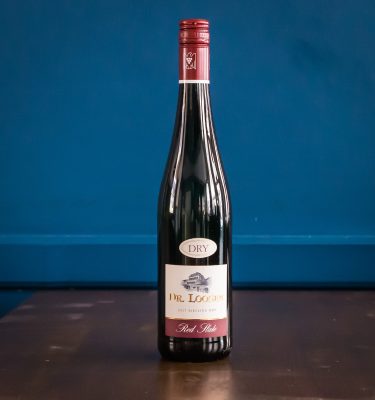Riesling
Showing 1–20 of 22 results
Riesling is a white grape variety that is famous for producing a wide range of high-quality wines. Wine professionals love Riesling for its versatility, complexity, and ability to pair with a wide range of dishes. Its unique characteristics, including acidity, aromatics, and terroir expression, make it a fascinating and rewarding wine to explore and recommend to diners and wine enthusiasts!
About Riesling and Riesling Wines
It is primarily associated with Germany, but it is also grown in other wine-producing regions around the world. Here are some key characteristics and information about Riesling wines:
- Aromatic Profile: Riesling grapes are known for their aromatic qualities, which can vary depending on the region and the winemaking style. Common aromas and flavours found in Riesling wines include green apple, citrus (such as lemon and lime), peach, apricot, honey, and floral notes like jasmine and honeysuckle. These aromas are often accompanied by high acidity.
- Sweetness Levels: Riesling wines are known for their versatility when it comes to sweetness levels. They can range from bone-dry to extremely sweet. The sweetness levels are often indicated on the label:
- Trocken: This term indicates a dry Riesling with little to no residual sugar.
- Kabinett: These wines are typically off-dry or semi-sweet.
- Spätlese: These Rieslings are usually sweet, often with a rich and luscious character.
- Auslese: These are even sweeter than Spätlese wines, often with intense fruit flavours and honeyed notes.
- Beerenauslese and Trockenbeerenauslese: These are sweet dessert wines made from grapes affected by noble rot (Botrytis). They are extremely sweet and concentrated.
- Acidity: Riesling wines are known for their high acidity, which contributes to their crisp and refreshing character. This acidity makes them excellent food wines and contributes to their ageing potential.
- Terroir Expression: Riesling is known for its ability to express the characteristics of the vineyard where it is grown, often referred to as terroir. The soil type, climate, and vineyard location can greatly influence the flavour profile of Riesling wines.
- Ageing Potential: While Riesling is often enjoyed young for its fresh and fruity qualities, it is also capable of ageing gracefully. The best Riesling wines, especially those from top German vineyards, can age for many years, evolving in complexity and developing honeyed and petrol-like notes with time.
- Regions: Germany is the most famous Riesling-producing country, particularly in the regions of the Mosel, Rheingau, and Pfalz. Alsace in France is also known for its Riesling wines, which tend to be drier. Riesling is also grown in Austria, Australia, New Zealand, the United States (notably in the Finger Lakes region of New York and parts of California), and other wine-producing regions.
- Food Pairing: Riesling’s versatility makes it an excellent wine for pairing with a wide range of foods. Dry Rieslings can complement seafood, poultry, and Asian dishes, while sweeter Rieslings can pair well with spicy cuisines, foie gras, and desserts.
Riesling is celebrated for its ability to produce wines with a remarkable balance of acidity, sweetness, and aromatic complexity. Whether you prefer a crisp dry Riesling or a lusciously sweet one, there is likely a Riesling wine to suit your taste preference.

